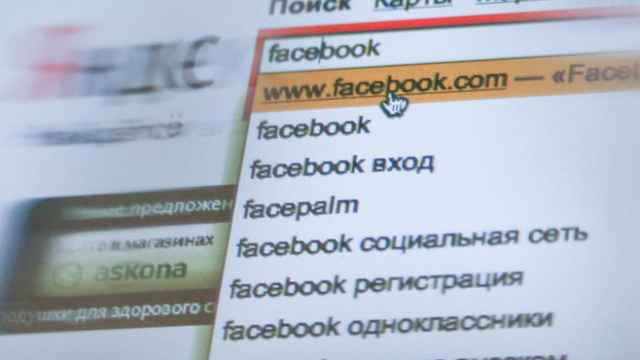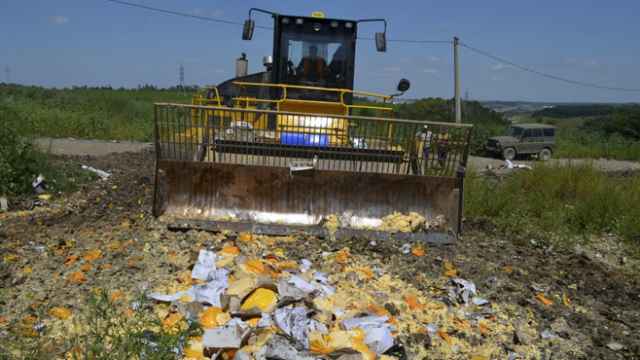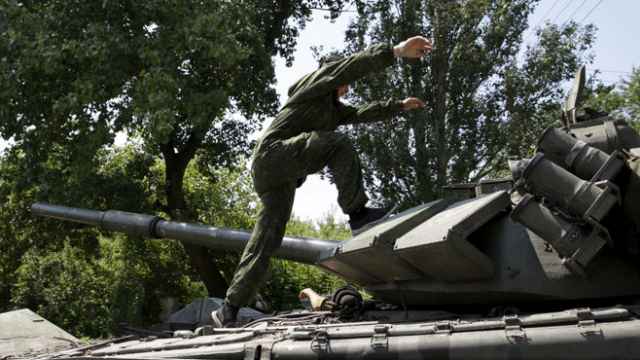The sharp devaluation of the ruble and the resultant drop in the cost of labor is unlikely to make Russia more attractive to investors. According to a study by Bank of America Merrill Lynch, real annual wages during the first half of 2015 were lower in Russia ($565.4) than China ($764.3) and Mexico ($636.6). That represents a 33 percent drop in dollar terms from the 2014 real annual wage in Russia of $839.7.
The decline in real incomes for Russians has continued for the 10 months since November 2014.
The Economic Development Ministry estimates that real wages could fall by 9.8 percent in ruble terms in 2015 as compared to the previous year.
The ministry expects wages to begin rising by the first quarter of 2016, and for salaries to rebound to 2014 levels only as late as 2018.
Cheap labor is an important factor in making a country attractive to investors.
In theory, the current situation should give Russia a significant competitive advantage in the global market by prompting investors to switch their attention away from the slowing Chinese economy where labor prices are rising and move their production facilities to this country and take advantage of the cheap labor available.
However, no such "switching of labor forces" occurs because cheap labor is only one factor influencing attractiveness for investment — and is far from the most critical.
The majority of potential investors are continuing to stay away from Russia due to international sanctions, difficulty in bringing imported components and technologies into the country, a shortage of spare production capacity and labor, high debt load in the real sector, difficulties in refinancing and, finally, and perhaps most importantly, the overall uncertainty of both the political and economic situation in the country and the lack of trust between business and government.
The nature of Russia's employment patterns is another factor counteracting the otherwise attractive cheap labor.
As experts have long pointed out, the Russian labor market is characterized by flexible wages and long-term job stability.
Even now, with wages in rapid decline, the unemployment rate in Russia is close to a historic low.
The fact that Russians tend to hold onto their jobs even when salaries drop sharply hinders the creation of higher quality jobs and explains their extremely low productivity.
Russian employers and employees are simply waiting out the crisis together without investing in change.
Foreigners choose to locate production in Russia for reasons other than the availability of cheap labor.
For example, Russian officials recently signed a framework agreement with Chinese manufacturers to localize the assembly of the Chinese MA-60 aircraft — an upgraded version of the Russian An-24 — in Komsomolsk-on-Amur, where the specialists and operational production facilities of the original version are still located.
Conversely, the unfavorable political and economic situation prompted Canadian company Bombardier to cancel plans in October 2014 to produce its airplanes together with Rostec in Ulyanovsk.
Nikolai Epple is a columnist at Vedomosti. This comment originally appeared in Vedomosti.
A Message from The Moscow Times:
Dear readers,
We are facing unprecedented challenges. Russia's Prosecutor General's Office has designated The Moscow Times as an "undesirable" organization, criminalizing our work and putting our staff at risk of prosecution. This follows our earlier unjust labeling as a "foreign agent."
These actions are direct attempts to silence independent journalism in Russia. The authorities claim our work "discredits the decisions of the Russian leadership." We see things differently: we strive to provide accurate, unbiased reporting on Russia.
We, the journalists of The Moscow Times, refuse to be silenced. But to continue our work, we need your help.
Your support, no matter how small, makes a world of difference. If you can, please support us monthly starting from just $2. It's quick to set up, and every contribution makes a significant impact.
By supporting The Moscow Times, you're defending open, independent journalism in the face of repression. Thank you for standing with us.
Remind me later.






